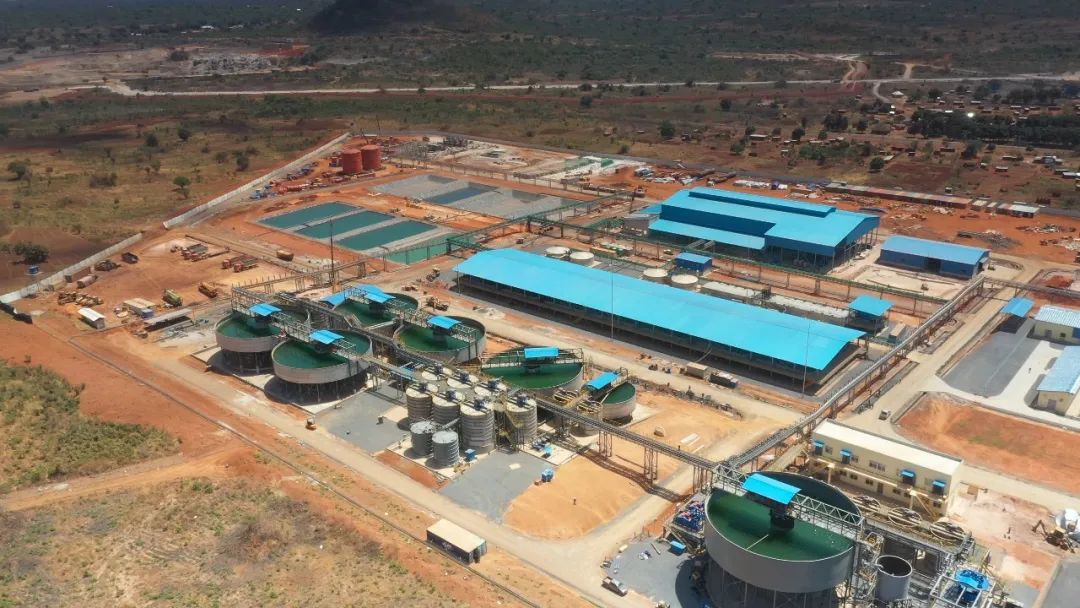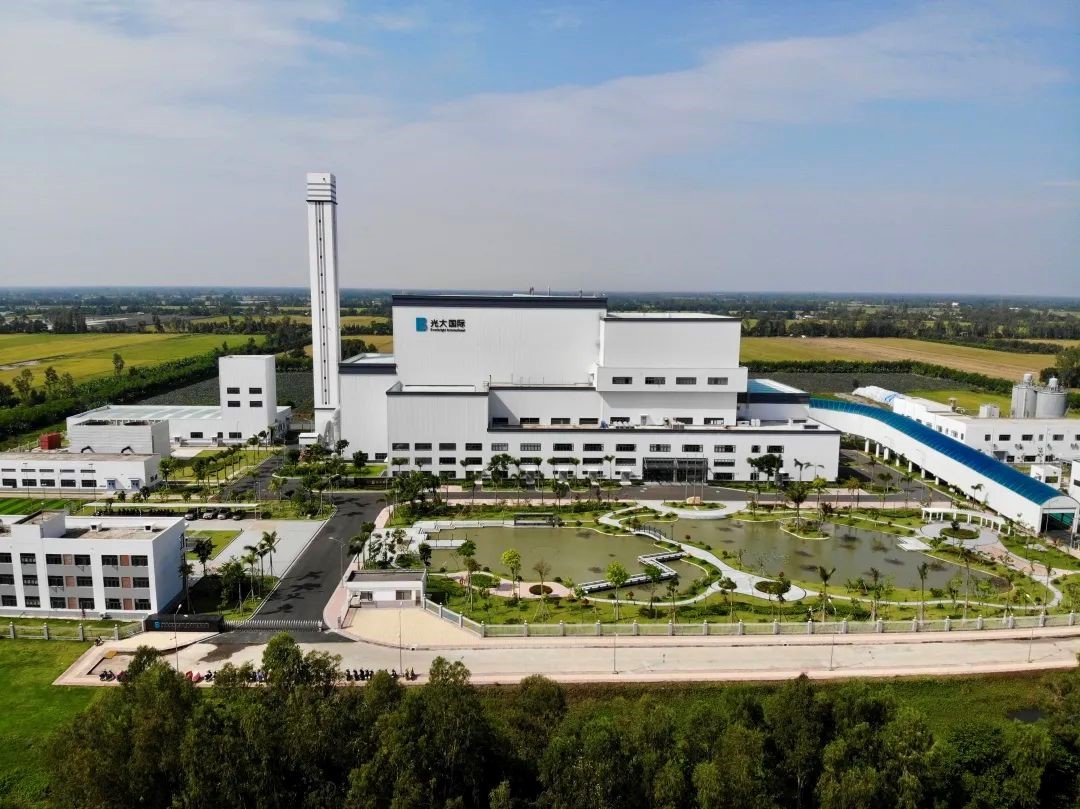Deep Dive: One Belt One Road - Impact on Western Multinational Companies
By Deborah Weinswig, Fung Global Retail & Technology
Introduction
Led by China, the One Belt One Road (OBOR) initiative involves massive infrastructure investment in Eurasia and Africa. This is expected to improve connectivity and the business climate in those regions. The US is not one of the 65 countries included in the OBOR. However, we believe US companies will also benefit from better connectivity in the long-term because emerging markets will be further developed.
This report looks at how Western multinational companies can capitalize on these emerging opportunities, with a focus on consumer-goods companies. First, we outline the details of OBOR, including its funding and its position in the landscape of global cooperation and integration.
OBOR Implications
Improved Connectivity Translates to More Business Opportunities for Western Multinational Companies
We believe there is much scope for multinationals to capitalize on increased connectivity in the OBOR regions. Improved infrastructure investments and connectivity may open new markets for US and multinational companies and ultimately drive US economic growth. The US currently has close trade ties with countries along the OBOR and we believe they stand to benefit from improved connectivity and business climate in the region.
The US economy is, in part, dependent on the ability of US firms to compete successfully in overseas markets. More than 95% of the world's consumers live outside the US, and approximately 18% of US manufactured exports are sent by American parent companies to their foreign affiliates, according to the US Bureau of Economic and Business Affairs.
For Western companies, the OBOR initiative means new business opportunities in the ASEAN, Central Asia and African countries. In particular, ASEAN—a $2.5 trillion economy that is the world’s seventh-largest and Asia’s third-largest, just behind China and Japan—is poised for strong growth on the back of a young workforce, improving infrastructure and rising incomes.
Any economic impact from the OBOR initiative, however, will likely be felt in the longer-term because infrastructure projects in the underdeveloped regions along the OBOR will take years to complete.
- We see the following benefits to businesses, including Western companies, from the OBOR initiative: Improved infrastructure conditions along the OBOR countries will likely be positive for Western multinational companies in their continuous drive to optimize manufacturing costs: not only will it probably result in lower transit costs, but the infrastructure will enable companies to tap into the lower wages of emerging economies along the OBOR. Although Western multinational companies already have manufacturing bases in many of these countries, higher connectivity will likely reinforce this trend going forward. As a result, Western consumers stand to benefit from lower prices when lower costs are passed through to end users.
- Improvements in the business climate and in disposable income along the OBOR will also likely drive demand for consumer goods and food and beverage (F&B) categories, in turn benefitting multinational companies. Multinational companies and brands will further gain from enlarged catchment areas for their products due to improvements in infrastructure and the removal of non-tariff barriers that will make it easier for them to carry out business.
- Finally, sectors as diverse as trading, tourism, logistics, energy and infrastructure in countries along the OBOR are poised to benefit from upgrades in infrastructure, utilities, energy and related industries. We discuss the possible impacts on a logistics firm, DHL Express, and the tourism industry later in this report, and we provide a case study of Kerry Logistics directly below ...
Key Advantages: IP and Brands
We see IP and brand equity as major advantages for Western companies:
- IP: Advanced and innovative technology is one of the biggest advantages held by Western multinational companies when they expand into emerging markets. However, IP protection in these markets is still relatively weak and regulatory systems need further improvement. India ranked the second lowest in IP protection regulations, according to the US Chamber of Commerce International Intellectual Property Index of 2016. The gradual improvement of the regulatory environment will raise awareness and offer more IP protection for multinationals.
- Established brands: Multinational companies can harness the power of their brands to capture the loyalty of emerging market customers. Tapping into emerging markets that are characterized by structural increases in disposable income and a rising middle class will be an important part of the global strategies of multinational companies.
Key Challenge: Competition from Local and Regional Players
Multinational companies, with their established franchises, have enjoyed competitive advantages as they expand into emerging markets. The gap may close in the future, however, as Chinese companies intensify their overseas expansion. We outline some of the key challenges for international retailers below:
- Local competition: We see local competition as the main challenge for global brands. Local players are better attuned to the tastes of local customers than their international counterparts. They are likely to have low cost structures, better access to regulators and are also positioned to benefit from OBOR. For example, Carrefour, a French hypermarket experienced difficulty keeping up with the shopping habits of the Chinese customers after it entered China in the 1990s. The habit of Chinese customers is to shop daily for fresh food and they treated hypermarkets as convenience stores instead of buying in bulk as many Western shoppers do.
- Regulatory risk: In addition, the regulations of many markets along OBOR may have opaque decision-making process and incentives, which may prove challenging for international companies to adapt to.
- Credit risk: International companies have developed credit and payment systems that protect them against counterparty and default risk. In overseas markets, international companies will face customers that may operate on different credit, payment and enforcement principles.
- Supply chain risk: Supply chain risks stems from firms operating in emerging markets which may have limited visibility of suppliers and distributors and may lead to delivery delays and quality control issues. In some cases, we expect multinationals will cooperate with local or regional players as a means of mitigating local risk, especially in areas that prove too costly for the multinational companies’ expansion. DHL’s cooperation with local postal agencies in remote areas in ASEAN is a good example.
Please click to read the full report.




